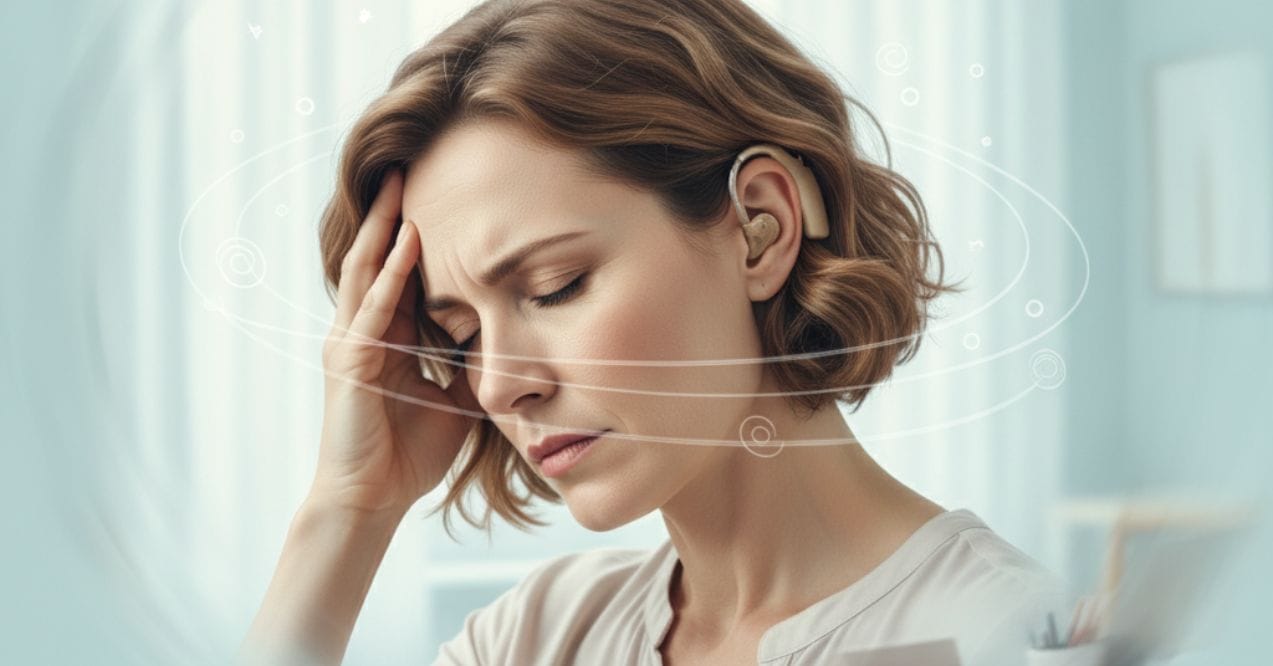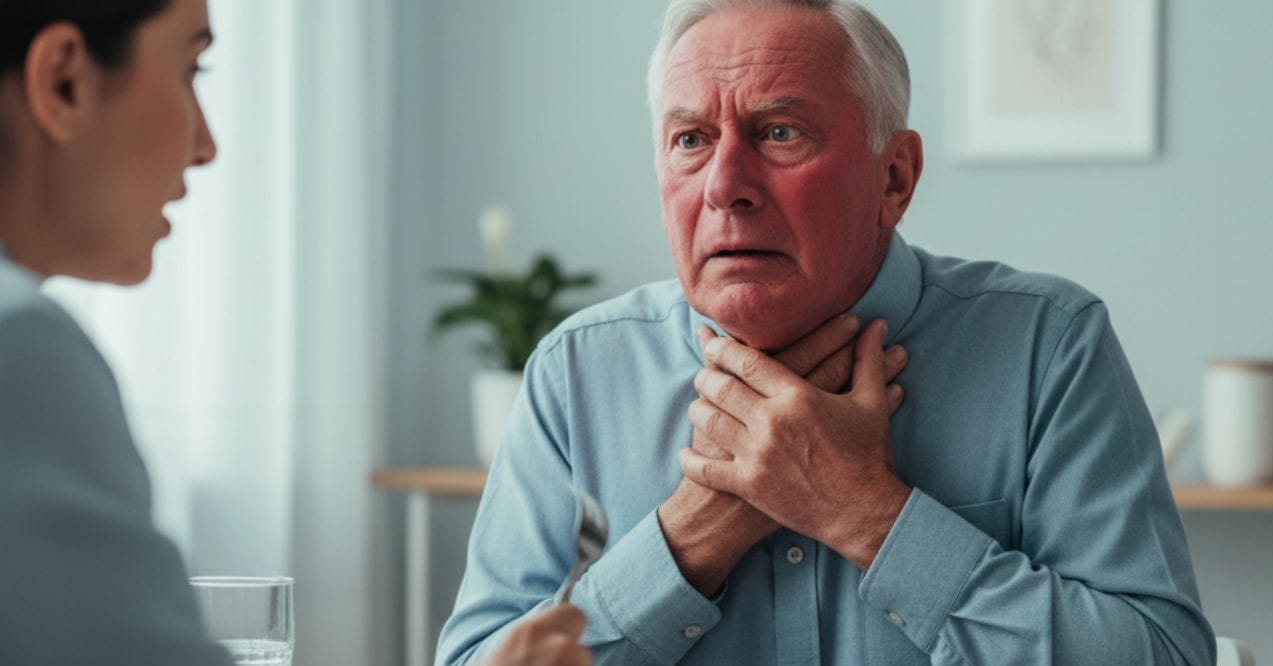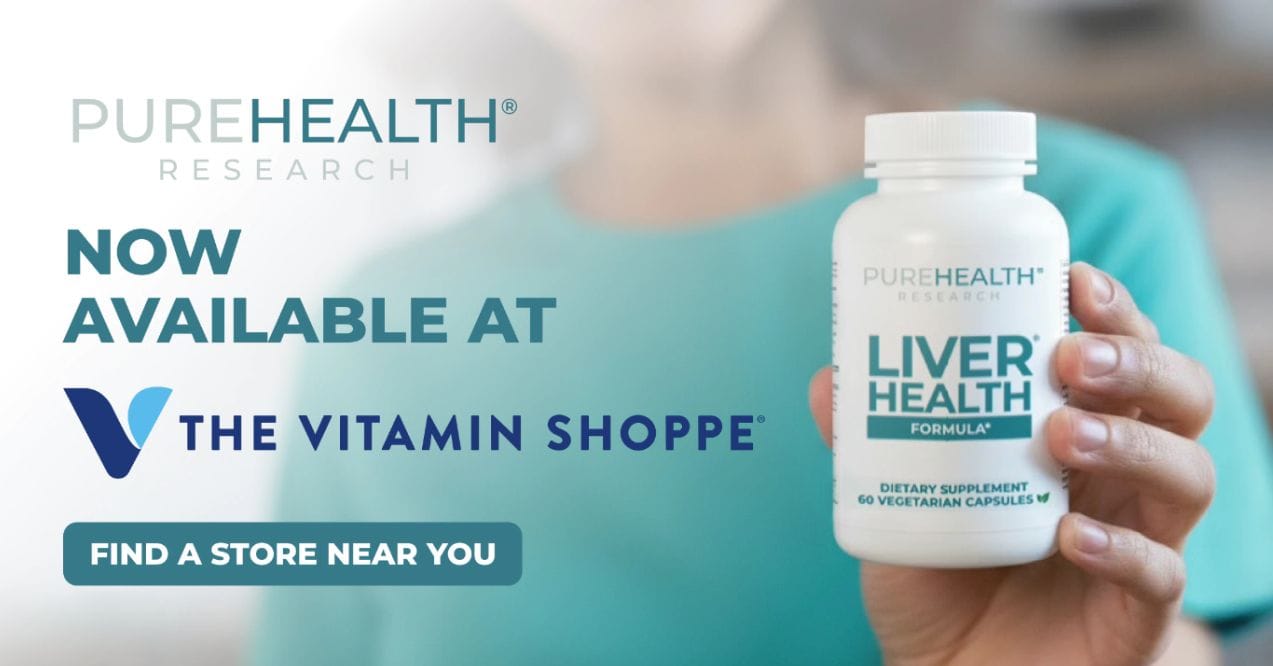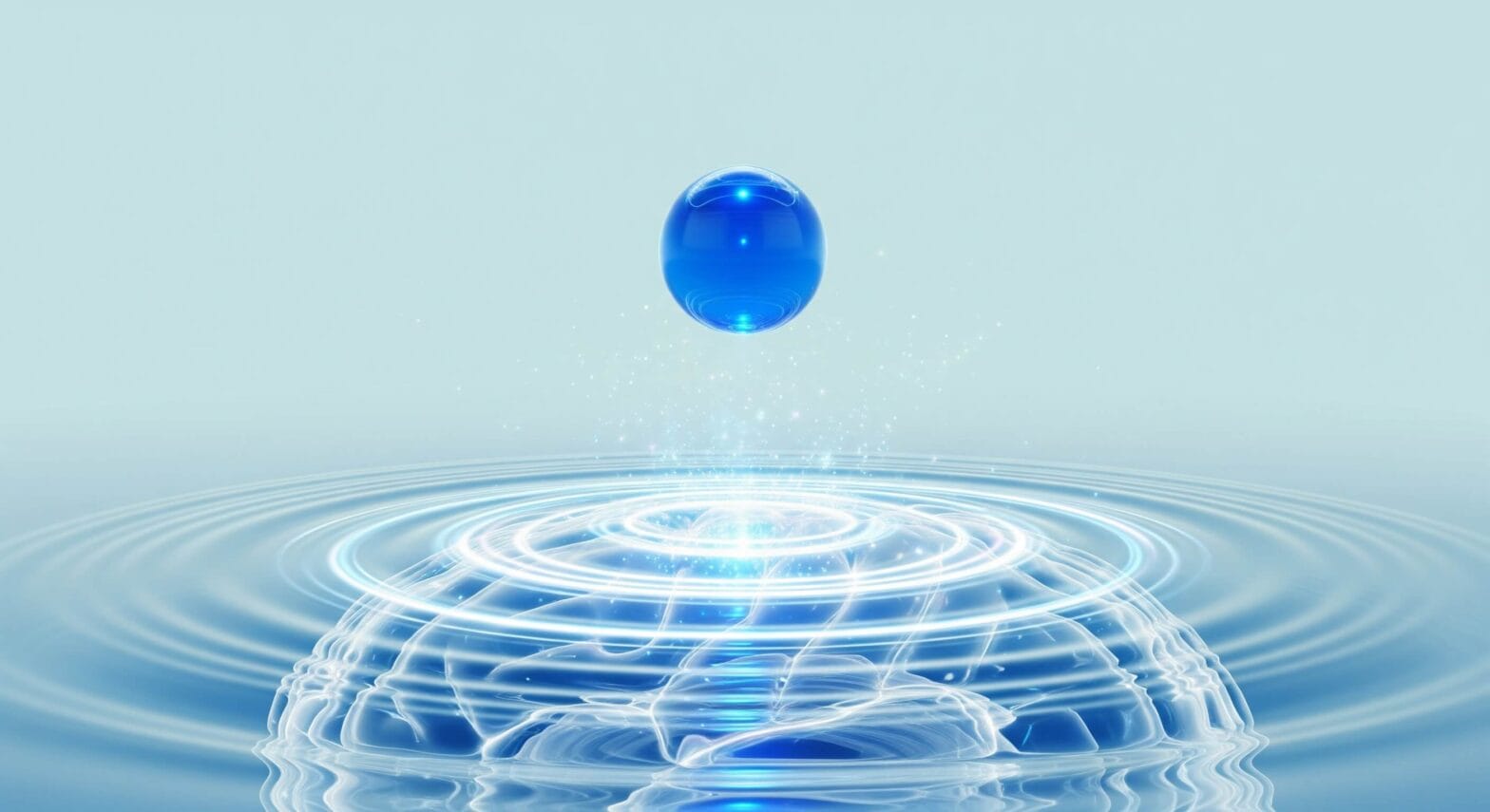Can Iron and Vitamin D Be Taken Together?
Can iron and vitamin d be taken together? Yes, they don't interact negatively. Discover best practices for maximum absorption today.
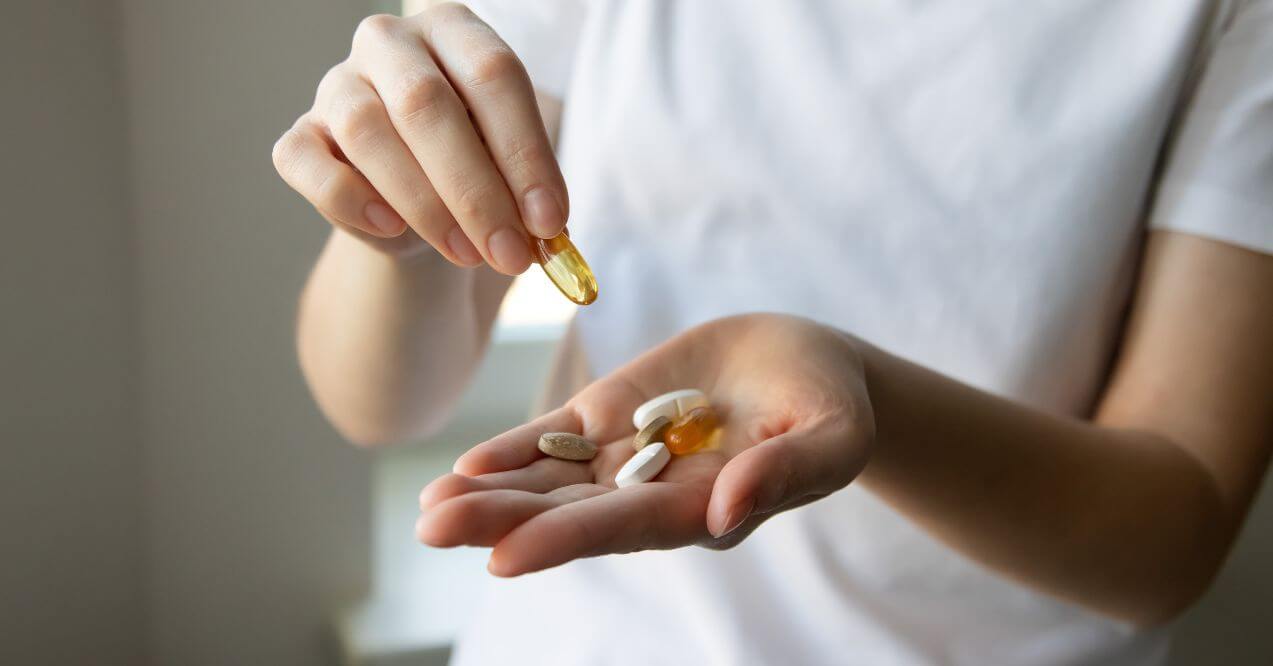

Taking multiple supplements raises questions about safety and effectiveness. Iron and vitamin D are two essential nutrients that many people supplement daily. Both play vital roles in maintaining good health, from supporting energy levels to strengthening bones.
The good news is that iron and vitamin D can be taken together without harmful interactions. However, understanding how to take these supplements properly may help you get the most benefit from each nutrient. This article explores the relationship between iron and vitamin D, optimal timing strategies, and practical tips for maximizing absorption.
Understanding Iron and Vitamin D
Iron and Vitamin D serve distinct yet equally important functions in your body. Iron primarily supports oxygen transport through red blood cells and plays a key role in energy production. Without adequate iron, you may experience fatigue and reduced stamina.
Vitamin D, often called the sunshine vitamin, maintains strong bones by helping your body absorb calcium. It also supports immune function and may contribute to mood regulation. Many people, especially those in northern climates or who spend limited time outdoors, may not produce enough vitamin D naturally.
| Nutrient | Primary Functions | Common Food Sources |
| Iron | Oxygen transport, energy production, DNA synthesis | Red meat, poultry, beans, fortified cereals |
| Vitamin D | Calcium absorption, bone health, immune support | Fatty fish, egg yolks, fortified milk |
Can Iron and Vitamin D Be Taken Together?
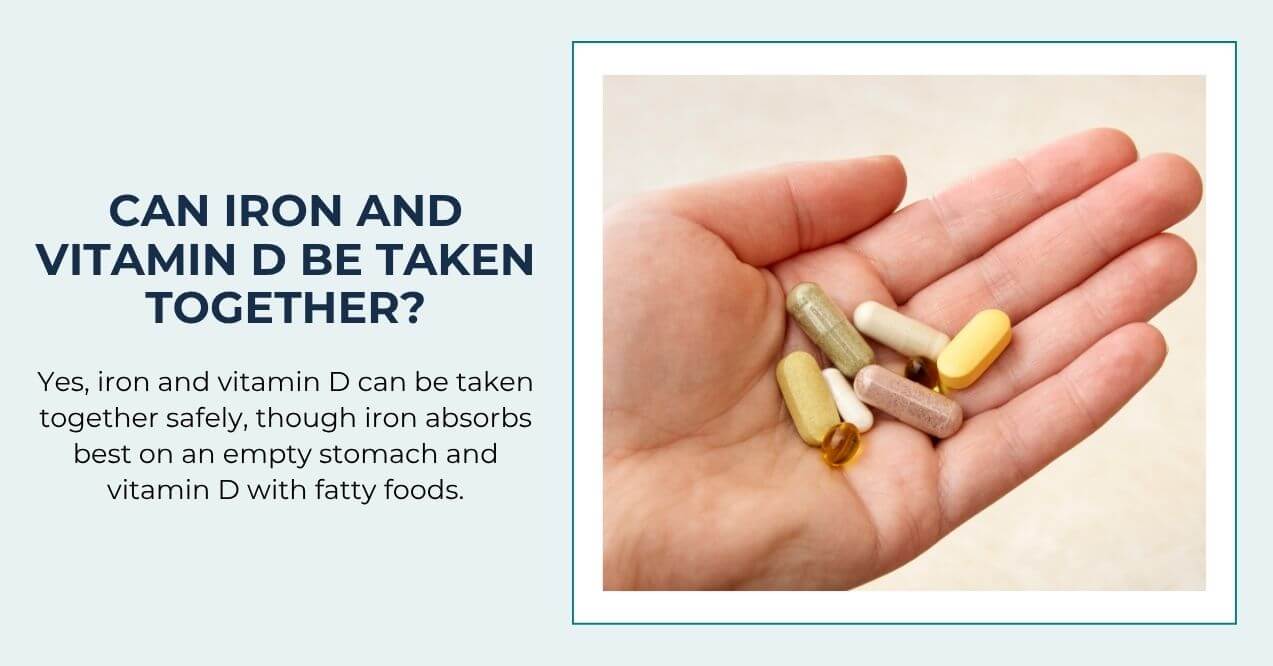
Yes, you can take iron and vitamin D together without worrying about negative interactions. These two nutrients do not interfere with each other’s absorption or effectiveness in your body. Many multivitamins contain both iron and vitamin D, which demonstrates their compatibility.
While taking iron and vitamin D together is safe, some considerations may help optimize absorption. Iron absorbs best on an empty stomach, while vitamin D absorbs better with fatty foods. This difference in absorption preferences doesn’t mean you can’t take them together – it simply means you might absorb slightly more of each nutrient if you time them separately. For convenience, many people successfully take both supplements together without issues.
Factors Affecting Iron Absorption
Several dietary and lifestyle factors can influence how well your body absorbs iron from supplements or food.
Calcium stands out as the most significant inhibitor of iron absorption. Taking calcium supplements or consuming dairy products at the same time as iron may reduce iron absorption. Tea and coffee contain compounds called tannins that also interfere with iron absorption. High-fiber foods, while healthy, can bind to iron and reduce its availability to your body.
On the positive side, vitamin C dramatically enhances iron absorption. Taking iron with orange juice or a vitamin C supplement can double or triple absorption rates. Meat proteins also facilitate iron absorption, which explains why iron from animal sources absorbs more readily than plant-based iron.
Optimal Timing for Supplement Intake
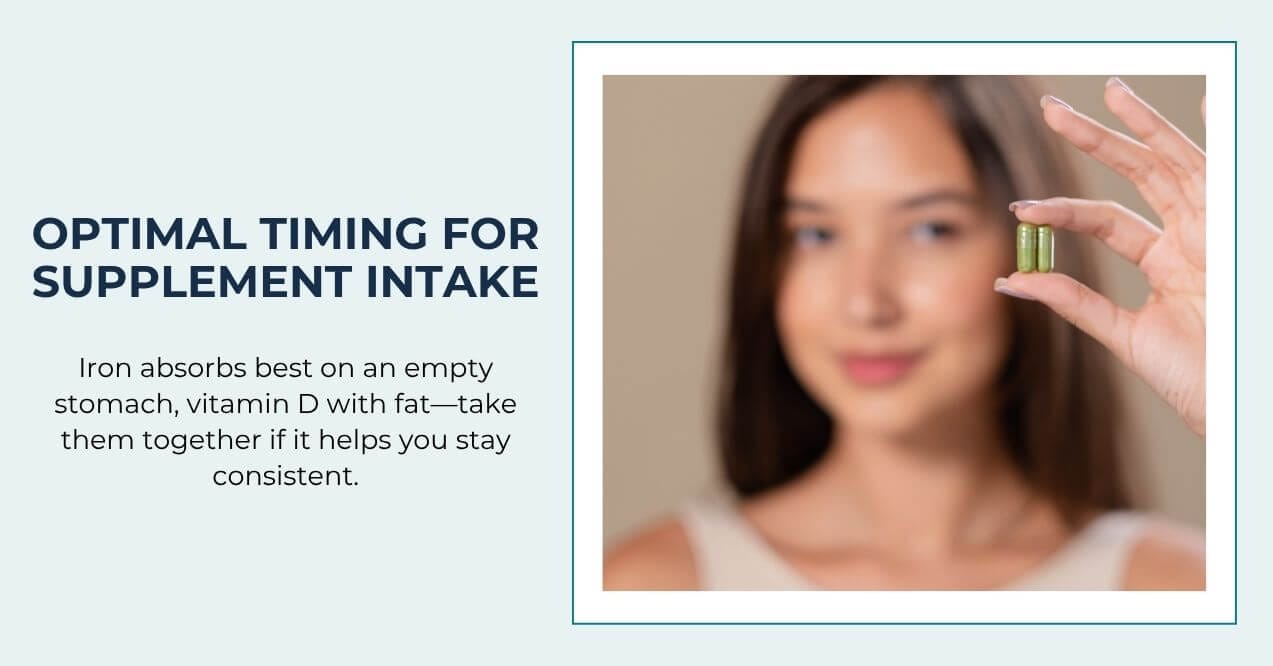
Timing your supplements strategically may maximize their effectiveness. Iron typically absorbs best when taken on an empty stomach, about one hour before meals or two hours after eating. However, some people experience stomach upset with iron supplements. If this happens to you, taking iron with a small amount of food can help, though absorption may decrease slightly.
Vitamin D works differently – it’s a fat-soluble vitamin that absorbs best when taken with meals containing healthy fats. Consider taking vitamin D with breakfast if you eat eggs or avocado, or with dinner if that’s your main meal. Some people find that combining vitamin D with K2 provides additional benefits for bone health.
You can learn more about vitamin D3 with K2 and how this combination supports calcium metabolism.
If you prefer taking both supplements together, choose a time that works best for your schedule and stick with it. Consistency matters more than perfect timing.
Symptoms of Deficiency
Iron deficiency often develops gradually, and early symptoms may be subtle.
Iron Deficiency Signs:
- Persistent fatigue and weakness
- Pale skin and nail beds
- Shortness of breath during normal activities
- Cold hands and feet
- Frequent infections
Vitamin D deficiency symptoms can be equally subtle but may affect your overall wellbeing. Low vitamin D levels are surprisingly common, especially during winter months or in people who spend most of their time indoors. Addressing nutritional deficiencies early may help prevent more serious health issues. The best vitamins for tired legs often include both iron and vitamin D, as deficiencies in either nutrient can contribute to muscle fatigue and weakness.
Vitamin D Deficiency Signs:
- Bone pain or achiness
- Muscle weakness
- Mood changes
- Increased susceptibility to colds
Dietary Sources of Iron and Vitamin D
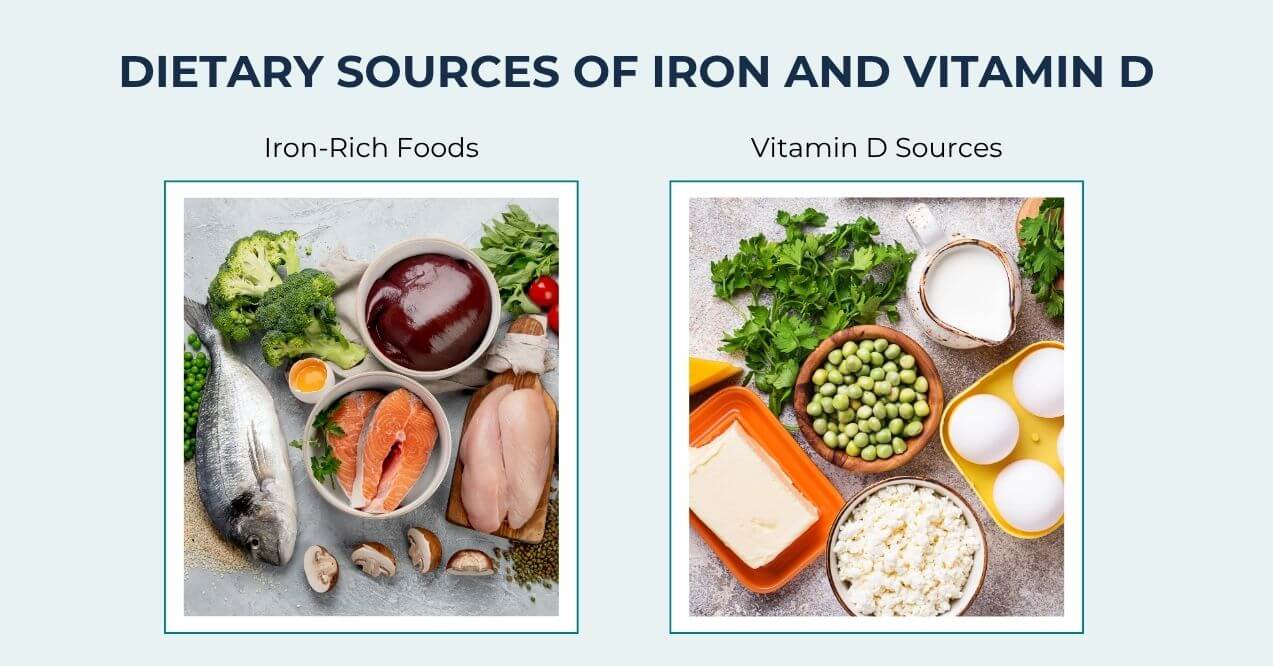
While supplements provide convenience, obtaining nutrients from food offers additional benefits. Foods contain cofactors and compounds that may enhance absorption and utilization of these essential nutrients.
Iron-Rich Foods
Red meat, poultry, and seafood provide heme iron, which your body absorbs most efficiently. Plant-based sources include lentils, chickpeas, fortified cereals, spinach, and pumpkin seeds. Pairing plant-based iron sources with vitamin C-rich foods like citrus fruits or bell peppers enhances absorption.
Vitamin D Sources
Fatty fish such as salmon, mackerel, and sardines provide the most vitamin D naturally. Egg yolks, fortified milk, and fortified orange juice also contribute meaningful amounts. Mushrooms exposed to UV light offer a plant-based option.
Supporting overall digestive health may improve nutrient absorption – discover the best vitamins for gut health to optimize your digestive system.
Sun exposure remains an important source of vitamin D, though factors like location, season, and skin tone affect production.
Final Thoughts
Can iron and vitamin D be taken together? Absolutely. These essential nutrients work independently in your body and don’t interfere with each other. While optimal absorption might occur at different times, taking them together for convenience won’t cause harm or significantly reduce their effectiveness.
Whether you take supplements separately or together, maintaining a regular routine helps ensure adequate nutrient levels. Pay attention to factors that affect absorption, such as avoiding calcium with iron or taking vitamin D with fatty foods when possible.
Yes, taking iron and vitamin D together is completely safe. These nutrients don’t interact negatively. For optimal absorption, you might consider taking them at different times, but it’s not necessary.
Some research suggests a potential connection between vitamin D deficiency and iron metabolism. However, more studies are needed to fully understand this relationship. Both deficiencies can cause fatigue.
Common signs include persistent tiredness, pale skin, shortness of breath, dizziness, cold extremities, brittle nails, and frequent infections. See a healthcare provider for proper diagnosis.
Pair iron-rich foods with vitamin C sources like citrus fruits or tomatoes. Avoid tea, coffee, and calcium-rich foods during iron-rich meals. Cook in cast-iron cookware when possible.
Sign up for our Healthy Living newsletter!
Advertisement. This site offers health, wellness, fitness and nutritional information and is designed for educational purposes only. You should not rely on this information as a substitute for, nor does it replace, professional medical advice, diagnosis, or treatment. If you have any concerns or questions about your health, you should always consult with a physician or other health-care professional. Do not disregard, avoid or delay obtaining medical or health related advice from your health-care professional because of something you may have read on this site. The use of any information provided on this site is solely at your own risk.




